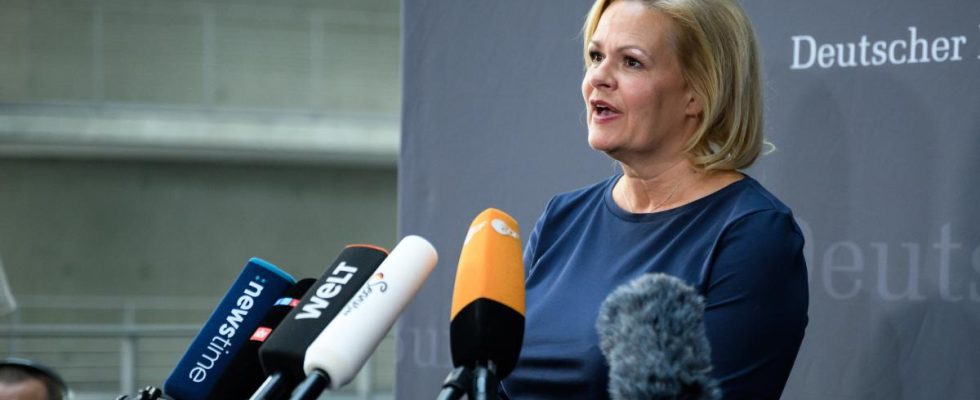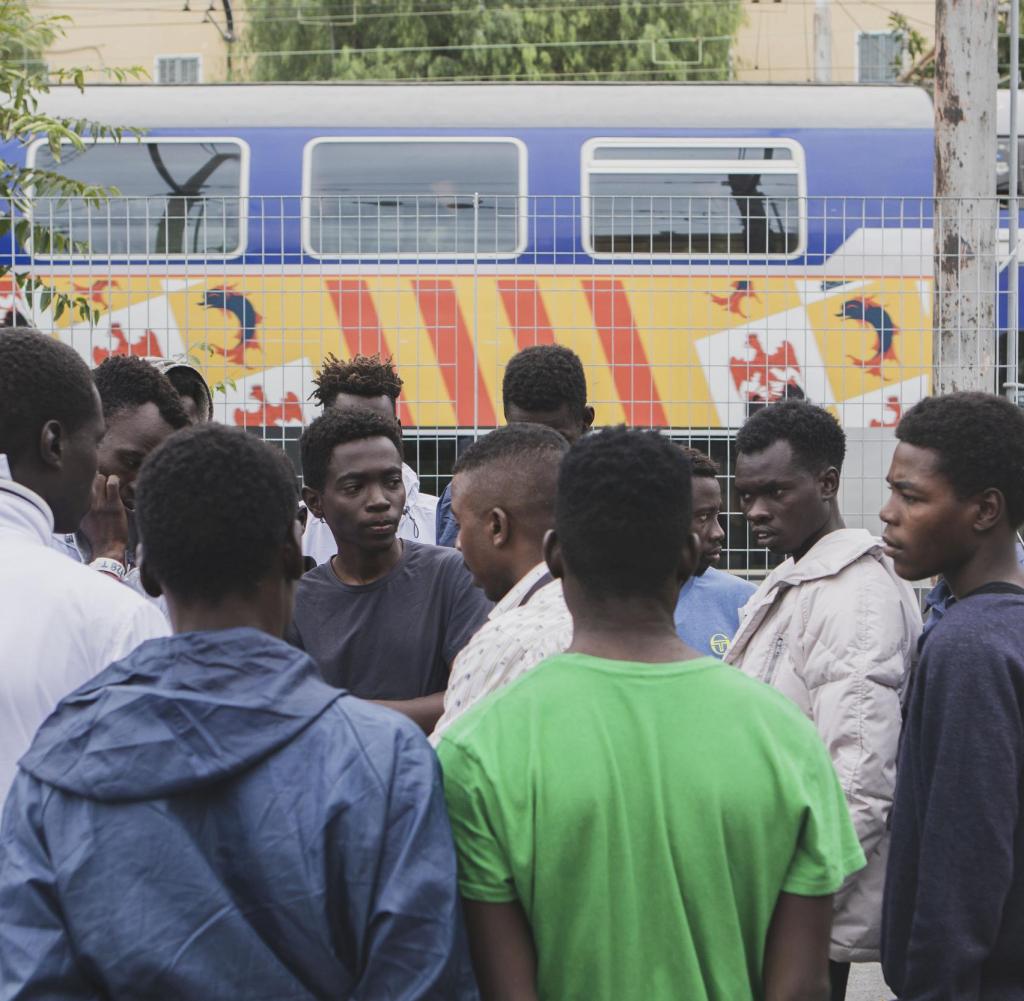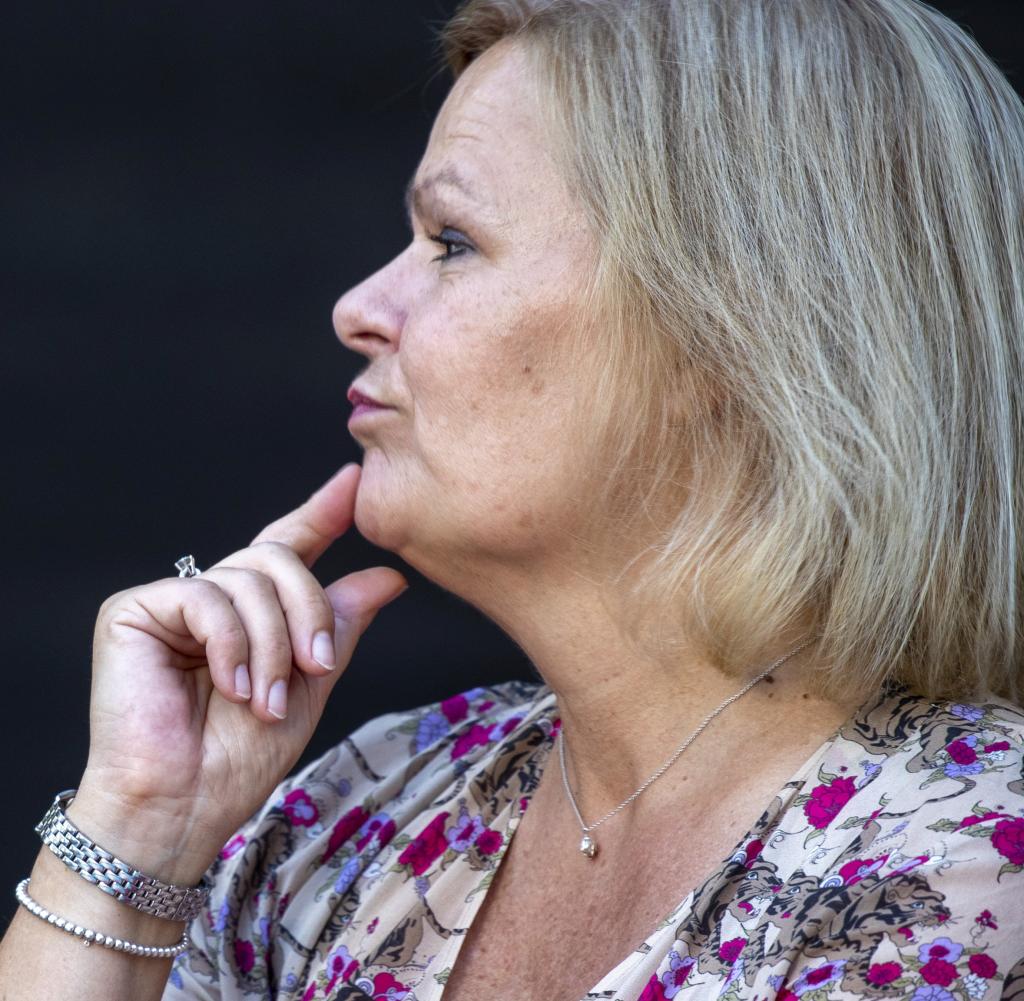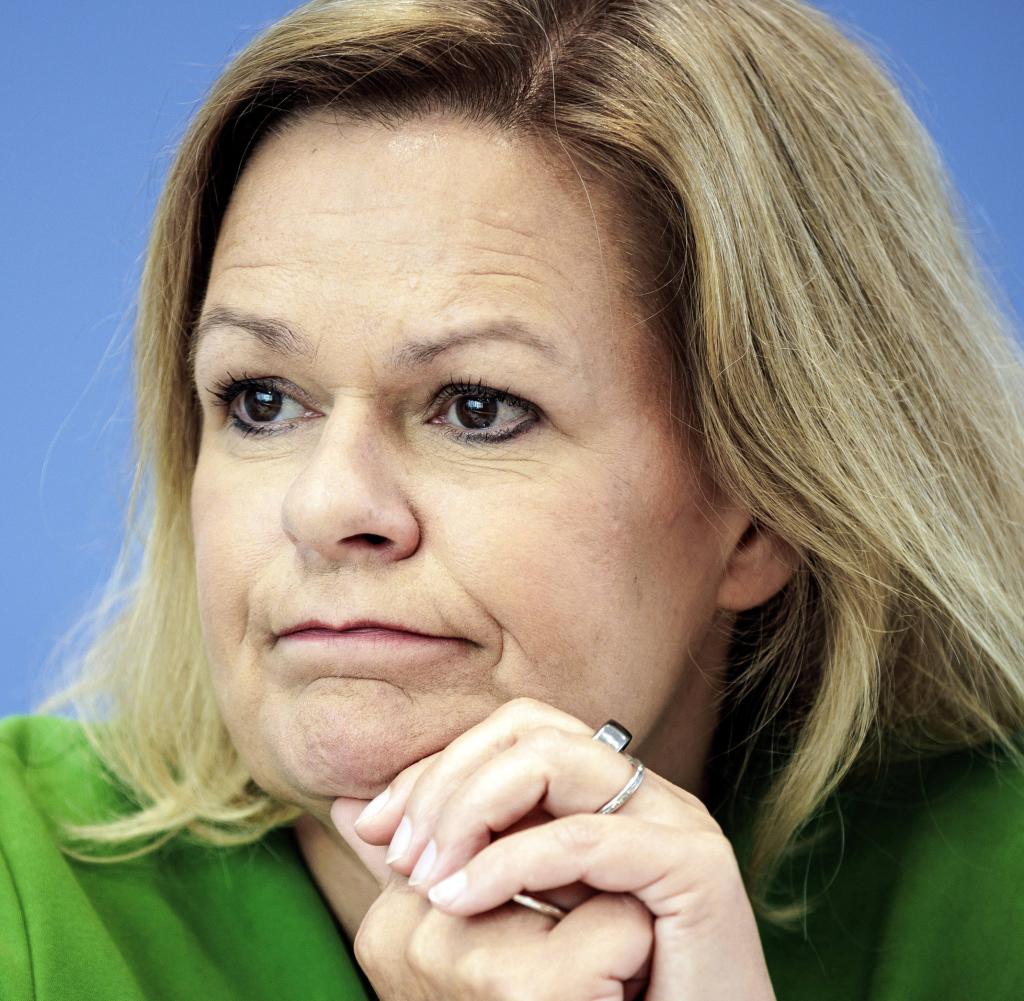Interior Minister Faeser wants to set up short-term border controls with Poland and the Czech Republic
“Faeser has said that she will allow stationary border controls”
Nancy Faeser is under domestic political pressure in view of the increasing numbers of illegal migration. In the WELT exclusive interview with chief commentator Jacques Schuster, she announced that she wanted to allow stationary border controls with Poland and the Czech Republic: “It is much tougher in defense” than expected.
In order to curb illegal migration, Interior Minister Nancy Faeser is relying on stationary border controls on the Polish and Czech borders. In addition, the federal police are to be deployed on Czech territory. Meanwhile, there is a risk of trouble at the traffic lights because of the issue of family reunification.
bInterior Minister Nancy Faeser has announced numerous defensive measures against illegal entry into German territory. She wants to set up stationary border controls on the Polish and Czech borders. In an interview with WELT AM SONNTAG, the SPD politician said: “Such additional controls must work well with the surveillance of the entire border area by the veil search.”
To this end, it has already increased the presence of the federal police on the Polish and Czech borders. But one should not suggest that asylum seekers will no longer come as soon as there are stationary border controls. Faeser also aims to deploy federal police officers on Czech territory. Switzerland is a role model. “There is already excellent cooperation with Switzerland. In close coordination with Swiss police forces, federal police officers are also allowed to control Swiss territory and prevent unauthorized entry.
Something similar could happen with the Czech Republic. “The agreements on this are already underway,” said Faeser. The Federal Interior Minister also called for closer cooperation with Turkey on migration issues in the future. Faeser is “relying on an update” of the existing agreement. “That’s what it takes. At the moment the EU agreement with Turkey is not working well enough.”
Meanwhile, there are discussions about a draft bill from Faeser’s house on the “Family and Labor Market Integration Act”. The paper, dated September 4, 2023, is available to this newspaper. This is said to be a paper agreed internally within the ministry that has not yet been subject to departmental coordination. It says that the government “wants to create a new beginning in migration and integration policy that does justice to a modern immigration country”. To achieve this, people should be “integrated into society more quickly”.
The key points include facilitating family reunification for those entitled to subsidiary protection and minors. According to the draft, asylum seekers and tolerated persons should also have easier access to the labor market. “Anyone who entered Germany before December 7, 2021 and is staying in the federal territory with a tolerated status or with a residence permit will be allowed to work,” it says. In addition to making things easier, the paper also provides for tightening measures. Violations of entry bans, for example, should be grounds for detention in the future, and it should be made easier for officials to enter refugee accommodation for the purpose of deportation. Faeser told this newspaper that the paper was out of date. As far as family reunification is concerned, the proposal is not being pursued “at the moment”.
The CDU interior expert Christoph de Vries said he did not believe that Faeser had shelved the proposal: “The Federal Interior Minister has still not recognized the signs of the times. We are in the middle of a serious migration crisis and an overload situation that is getting worse every day, which seriously threatens the stability of our democracy.” If the plans were implemented, there would not be less, but more migration to Germany: “That makes it unsuitable.”
Facilitations are anchored in the traffic light coalition agreement, but are now being rejected by the FDP of all people. Secretary General Bijan Djir-Sarai told WELT AM SONNTAG: “Whether now or at a later date – the demand for easier family reunification is completely out of time.” A coalition agreement is static, but politics is dynamic: “We have, with a view to it “The migration situation and the effects of Russia’s war of aggression against Ukraine are a completely different situation to which we have to adapt our policy.”
Stephan Thomae, Parliamentary Managing Director of the FDP parliamentary group, also said that with his party “there will be no family reunification”. He described such a possible change as “a slap in the face to the cities and municipalities that have to cope with the largest refugee movement since the Second World War.”
The FDP MP Gerald Ullrich explained that “plans for family reunification, which have now been withdrawn by Interior Minister Faeser, cannot be made with us in principle”. There is a broad consensus that “the capacity limits for reception in Germany have been reached”. His party colleague Christoph Hoffmann said “the opposite” had to happen: a stop to all family reunification.
The FDP parliamentary group wants to present a plan for a new migration policy shortly.





